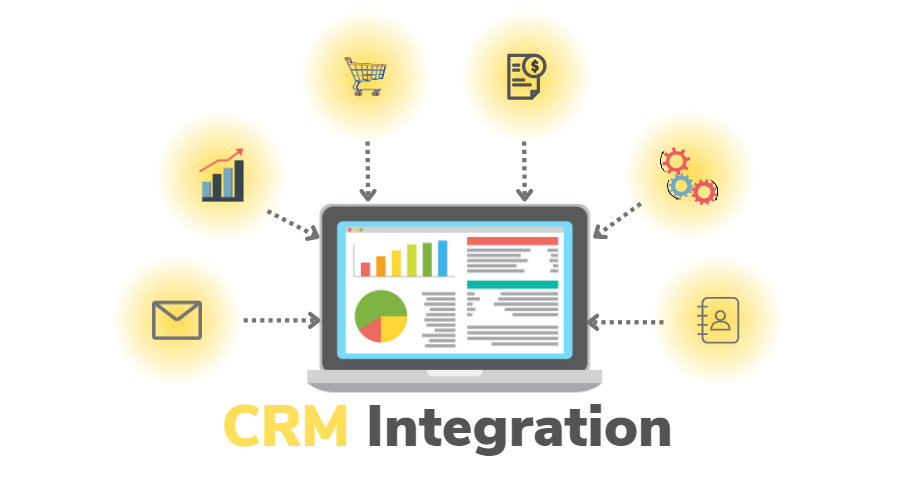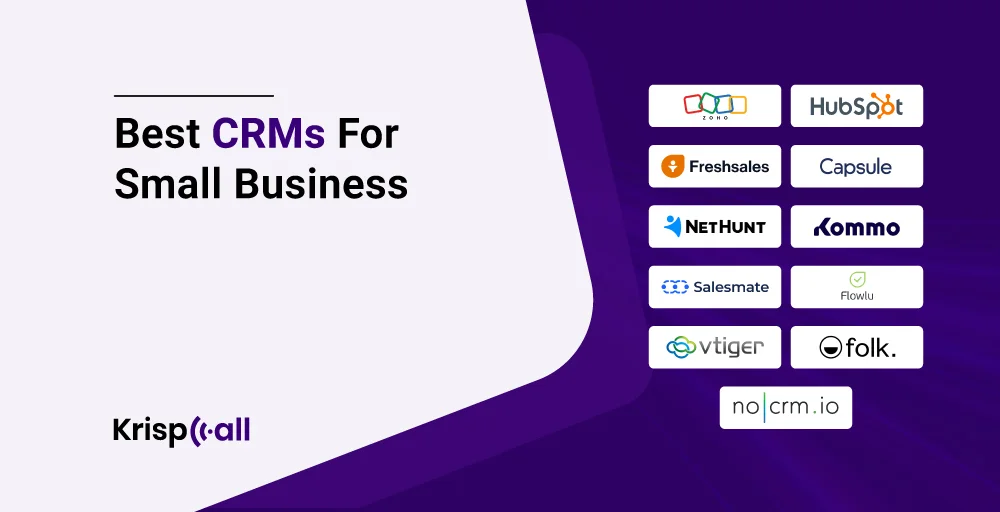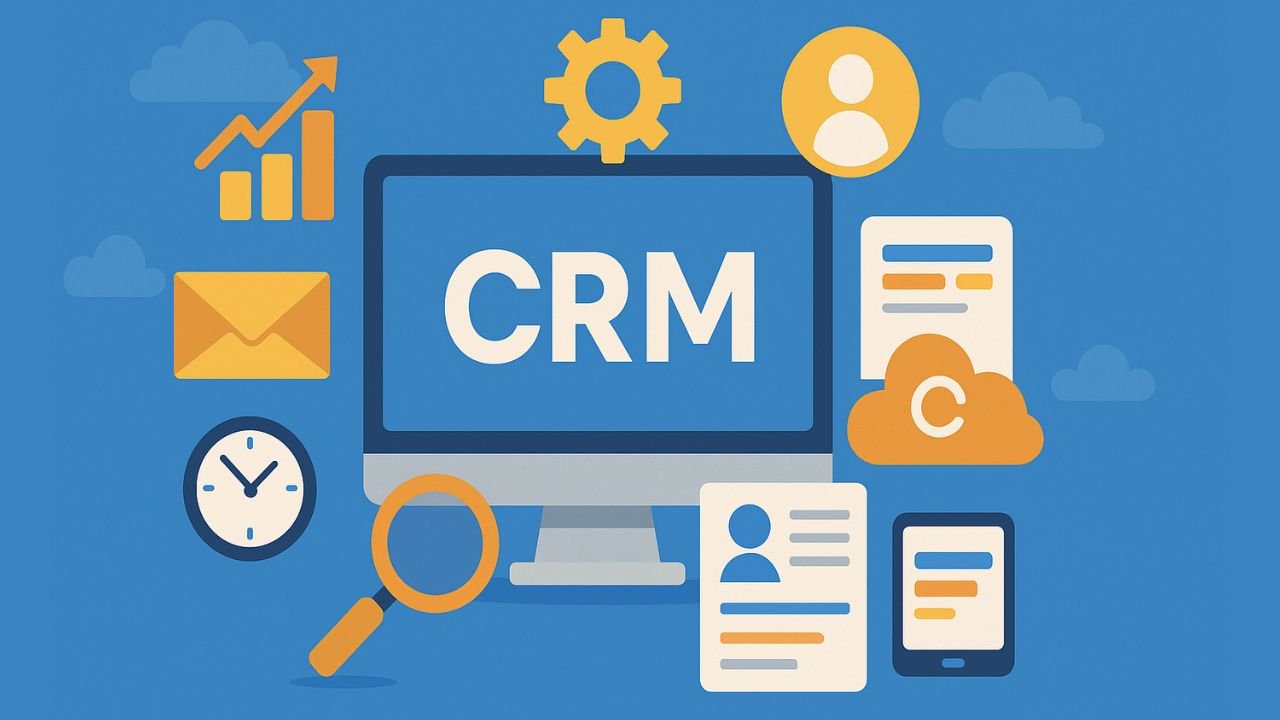CRM Marketing Automation: Your Ultimate Guide to Streamlining Growth

CRM Marketing Automation: A Comprehensive Overview
In the fast-paced world of business, efficiency is king. Every entrepreneur and marketing professional is constantly seeking ways to do more with less, to maximize their impact and reach their target audience effectively. This is where CRM marketing automation steps in, offering a powerful solution for streamlining your marketing efforts, nurturing leads, and ultimately, driving revenue growth. But what exactly is CRM marketing automation, and how can it transform your business? Let’s dive in.
What is CRM Marketing Automation?
CRM marketing automation is the integration of Customer Relationship Management (CRM) software with marketing automation tools. This powerful combination allows businesses to manage customer interactions, automate marketing tasks, and personalize customer experiences at scale. CRM systems are designed to store and manage customer data, while marketing automation platforms are designed to automate repetitive marketing processes. When these two systems work together, the results can be transformative.
Think of it this way: your CRM is the brain, holding all the valuable information about your customers, and marketing automation is the body, carrying out the actions. By connecting the two, you create a highly efficient and intelligent marketing machine.
The Benefits of CRM Marketing Automation
The advantages of implementing CRM marketing automation are numerous and far-reaching. Here are some of the key benefits:
- Increased Efficiency: Automating repetitive tasks frees up your marketing team to focus on more strategic initiatives, such as content creation, campaign planning, and data analysis.
- Improved Lead Generation: Automated lead nurturing campaigns guide potential customers through the sales funnel, increasing the likelihood of conversion.
- Enhanced Customer Segmentation: CRM systems allow you to segment your audience based on various criteria, such as demographics, behavior, and purchase history, enabling you to deliver highly targeted marketing messages.
- Personalized Customer Experiences: By leveraging customer data, you can personalize your marketing communications, making them more relevant and engaging.
- Increased Sales and Revenue: By nurturing leads and providing personalized experiences, CRM marketing automation can significantly boost your sales and revenue.
- Better ROI: Automation helps to optimize marketing spend, leading to a higher return on investment.
- Improved Data Accuracy: Automating data entry and management reduces the risk of errors and ensures that your customer data is accurate and up-to-date.
Key Features of CRM Marketing Automation
To fully understand the power of CRM marketing automation, it’s important to know the key features that enable its functionality:
- Email Marketing Automation: This is a cornerstone of most marketing automation platforms. Features include automated email sequences, triggered emails (e.g., welcome emails, abandoned cart emails), and email list segmentation.
- Lead Scoring: This feature assigns points to leads based on their behavior and engagement, allowing you to prioritize your sales efforts.
- Lead Nurturing: This involves sending a series of targeted emails and other communications to nurture leads through the sales funnel, providing them with valuable information and encouraging them to take action.
- Workflow Automation: This allows you to create automated workflows for various marketing tasks, such as lead assignment, data enrichment, and task management.
- Social Media Automation: This feature allows you to schedule social media posts, monitor social media activity, and engage with your audience.
- Customer Segmentation: As mentioned earlier, this allows you to divide your audience into specific groups based on their characteristics and behaviors, enabling you to deliver highly targeted marketing messages.
- Reporting and Analytics: This provides valuable insights into your marketing performance, allowing you to track key metrics, identify areas for improvement, and optimize your campaigns.
Choosing the Right CRM Marketing Automation Platform
Selecting the right CRM marketing automation platform is a crucial decision. The best platform for your business will depend on your specific needs, goals, and budget. Here are some key factors to consider when choosing a platform:
- Integration Capabilities: Ensure that the platform integrates seamlessly with your existing CRM system, as well as other tools you use, such as your website platform, email marketing provider, and social media platforms.
- Features and Functionality: Evaluate the features and functionality offered by each platform to ensure that they meet your specific needs. Consider features such as email marketing automation, lead scoring, lead nurturing, workflow automation, and reporting and analytics.
- Ease of Use: Choose a platform that is easy to use and navigate, even for those with limited technical expertise.
- Scalability: Select a platform that can scale with your business as it grows.
- Pricing: Compare the pricing plans of different platforms to find one that fits your budget.
- Customer Support: Ensure that the platform offers excellent customer support, including documentation, tutorials, and responsive customer service.
Some of the leading CRM marketing automation platforms include:
- HubSpot: A popular choice for businesses of all sizes, HubSpot offers a comprehensive suite of marketing, sales, and customer service tools.
- Salesforce Marketing Cloud: A powerful platform for enterprise-level businesses, Salesforce Marketing Cloud offers advanced features and customization options.
- Marketo: A robust platform designed for B2B marketers, Marketo offers advanced features for lead nurturing, account-based marketing, and revenue attribution.
- ActiveCampaign: A user-friendly platform that’s well-suited for small to medium-sized businesses, ActiveCampaign offers a wide range of automation features.
- Zoho CRM: A comprehensive CRM system with integrated marketing automation features.
Implementing CRM Marketing Automation: A Step-by-Step Guide
Implementing CRM marketing automation can seem daunting, but by following a structured approach, you can ensure a smooth and successful transition. Here’s a step-by-step guide:
1. Define Your Goals and Objectives
Before you begin, it’s essential to define your goals and objectives. What do you want to achieve with CRM marketing automation? Are you looking to increase lead generation, improve customer engagement, or boost sales? Clearly defining your goals will help you choose the right platform and develop effective marketing campaigns.
2. Choose the Right Platform
Based on your goals and objectives, research and compare different CRM marketing automation platforms. Consider the factors discussed earlier, such as integration capabilities, features and functionality, ease of use, scalability, pricing, and customer support. Select the platform that best meets your needs.
3. Integrate Your CRM and Marketing Automation Platform
Once you’ve chosen a platform, the next step is to integrate it with your CRM system. This involves connecting the two systems so that data can be shared seamlessly. This integration is crucial for ensuring that your marketing efforts are aligned with your customer data.
4. Segment Your Audience
Segment your audience based on various criteria, such as demographics, behavior, and purchase history. This will allow you to deliver highly targeted marketing messages that resonate with each segment of your audience.
5. Create Automated Workflows
Create automated workflows for various marketing tasks, such as lead assignment, data enrichment, and task management. This will help you streamline your marketing processes and save time.
6. Develop Engaging Content
Develop high-quality, engaging content that is relevant to your target audience. This includes blog posts, ebooks, webinars, and other types of content that provide value to your audience.
7. Design and Implement Marketing Campaigns
Design and implement marketing campaigns, such as email marketing campaigns, lead nurturing campaigns, and social media campaigns. Make sure your campaigns are well-designed, targeted, and optimized for conversions.
8. Track and Analyze Your Results
Track your results and analyze your performance. Use the reporting and analytics features of your CRM marketing automation platform to monitor key metrics, such as website traffic, lead generation, conversion rates, and revenue. Use this data to identify areas for improvement and optimize your campaigns.
9. Continuously Optimize
CRM marketing automation is an ongoing process. Continuously optimize your campaigns based on the data you collect. Test different strategies, refine your targeting, and adjust your messaging to improve your results.
Best Practices for CRM Marketing Automation
To get the most out of your CRM marketing automation efforts, it’s important to follow some best practices:
- Start Small: Don’t try to automate everything at once. Start with a few key processes and gradually expand your automation efforts as you become more comfortable with the platform.
- Focus on Personalization: Leverage customer data to personalize your marketing messages and provide a more engaging customer experience.
- Test and Optimize: Regularly test your campaigns and optimize them based on the results you see.
- Keep Your Data Clean: Ensure that your customer data is accurate and up-to-date.
- Provide Value: Focus on providing value to your audience through your content and marketing communications.
- Align Sales and Marketing: Ensure that your sales and marketing teams are aligned and working together to achieve your business goals.
- Stay Up-to-Date: Keep up with the latest trends and best practices in CRM marketing automation.
Examples of CRM Marketing Automation in Action
Let’s look at some real-world examples of how businesses are using CRM marketing automation:
- Lead Nurturing: A software company uses CRM marketing automation to nurture leads through the sales funnel. They send a series of targeted emails to leads, providing them with valuable information and encouraging them to schedule a demo.
- Abandoned Cart Recovery: An e-commerce store uses CRM marketing automation to send abandoned cart emails to customers who have left items in their shopping carts. These emails include a reminder of the items in their cart and a special offer to encourage them to complete their purchase.
- Customer Onboarding: A subscription service uses CRM marketing automation to onboard new customers. They send a series of welcome emails, provide helpful tips, and guide customers through the setup process.
- Customer Segmentation: A retail store uses CRM marketing automation to segment its customers based on their purchase history. They then send targeted promotions to different customer segments, offering them products and deals that are relevant to their interests.
The Future of CRM Marketing Automation
The future of CRM marketing automation is bright. As technology continues to evolve, we can expect to see even more sophisticated and powerful features emerge. Here are some trends to watch out for:
- Artificial Intelligence (AI): AI will play an increasingly important role in CRM marketing automation, enabling businesses to personalize customer experiences, predict customer behavior, and automate more complex tasks.
- Hyper-Personalization: Businesses will be able to deliver highly personalized marketing messages based on individual customer preferences and behaviors.
- Cross-Channel Marketing: Businesses will be able to seamlessly integrate their marketing efforts across multiple channels, such as email, social media, and SMS.
- Data-Driven Marketing: Businesses will rely even more heavily on data to make informed marketing decisions and optimize their campaigns.
- Focus on Customer Experience: Customer experience will become an even more critical differentiator, and businesses will use CRM marketing automation to create exceptional customer experiences.
Conclusion
CRM marketing automation is a powerful tool that can transform your business by streamlining your marketing efforts, nurturing leads, and driving revenue growth. By understanding the benefits, key features, and best practices of CRM marketing automation, you can create a highly efficient and effective marketing machine. As the technology continues to evolve, businesses that embrace CRM marketing automation will be well-positioned to succeed in the competitive landscape of today’s business world. So, take the plunge and start exploring the possibilities of CRM marketing automation today! Your business will thank you.



